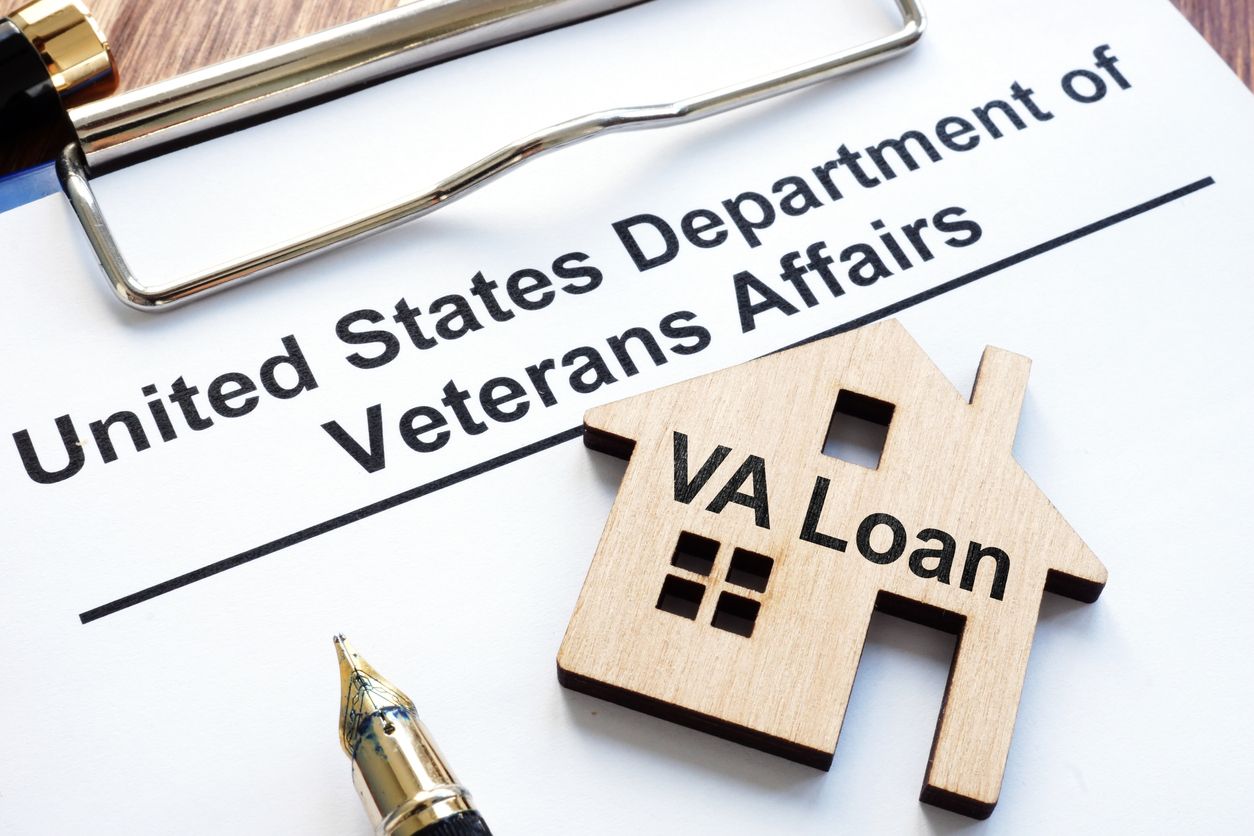Home Inspections- What Buyers Can Expect

Especially when inventory is low, finding a new home requires a lot of stamina. You may spend hours browsing MLS listings, visiting open houses, and reviewing information with your Realtor®, before finding a home that makes you want to make an offer.
Read our quick tips for how to make your best offer.
Even if you’ve found your dream home, you’ll still need to ensure that the home is worth what you’re willing to pay. The only way to do that is by enlisting a Licensed Home Inspector to complete a home inspection prior to agreeing to close.
Avoid a Money Pit – unless it’s the 1986 classic movie starring Tom Hanks and Shelley Long – and feel confident that you understand your new home inside and out.
First, Find an Inspector
Often, your best bet for finding an inspector is to ask for recommendations from your Realtor®, who has likely worked with several Inspectors in your area before. Also, get suggestions from family members or trusted friends who have recently bought a home as well. Always choose an Inspector that is licensed, so you feel confident you can rely on their findings to make an informed decision.
You may choose to get the inspection done before making an offer, or choose to make your offer conditional on the inspection results.
Before you hire the Inspector, you’ll ask about their experience with home inspections and what type of properties they typically work on. Ask if they have other specializations or areas of expertise. Then, ask to see a sample report and look for all of the items they intend to address.
Then, Make a List
Hiring a professional does not entirely absolve you of responsibility. You should be prepared with a checklist to ensure your Inspector is looking for the most important home features.
A thorough home inspection checklist includes the electrical, plumbing, heating and cooling, roofing and foundation, doors and windows, basement and attic, walls, ceiling and flooring. They may also check radon gas levels, insect habitation and damage, asbestos, lead paint or pipes, mold, water damage, septic tank operation, and other safety issues. Unfortunately, some of these additional red flags may remain hidden because they’re inaccessible to the inspector. If you have any reason to suspect the Inspector has not been able to properly assess a particular topic or area, hire a separate specialist to perform an inspection.
Be Present for the Inspection
If possible, observe the Inspector while they’re completing the inspection. Use this time to ask questions about what they’re seeing and the things you may be noticing as well. Don’t distract them to the point that they miss something but feel confident asking for details about things you notice.
Ask your Inspector if they’re available once they’ve completed their report to go over the report together. This is another opportunity to ask questions and further understand issues your potential new home may have. Depending on seasonality, some issues may not present themselves until after the sale has closed, so ask what else you should keep an eye out for as the year progresses. Finally, ask for a prognosis – how important are these changes? Are they vital and structural, or optional and cosmetic?

Review with your Realtor®
Home inspections have a lot of information, so always look for professional input to interpret the report. All houses have small issues that the Inspector will note and then larger ones that really need attention. A pre-owned home might have as many as 100 issues, and the Inspector will report the severity of the problem and a cost estimate for fixing it.
Even big issues may not be a dealbreaker for you as a buyer. The point of a home inspection is to enter the buying process fully informed about what you’re getting and making sure that you pay what the home is actually worth in its current condition. You may find that some of these issues will easily be handled when you move in and others can be negotiated with the homeowner to be fixed prior to closing, or to be accommodated by the final sale price.
How is a home inspection different than an appraisal?
Final Thoughts
Trust your Realtors® opinion when it comes to interpreting the home inspection report, and don’t hesitate to reach back out to the Inspector to clarify details. A home is likely the biggest investment you’ll make in your lifetime – ask as many questions as you need to ensure you’re making the right decision for you and your family. And finally, don’t be afraid to walk away. Having a home inspected is not the same as agreeing to buy, and if the inspection reveals issues you hadn’t anticipated, you should feel free to move on and continue the search for the home that will suit your needs.
Related Post: Balancing Wants and Needs as a Homebuyer this Spring










